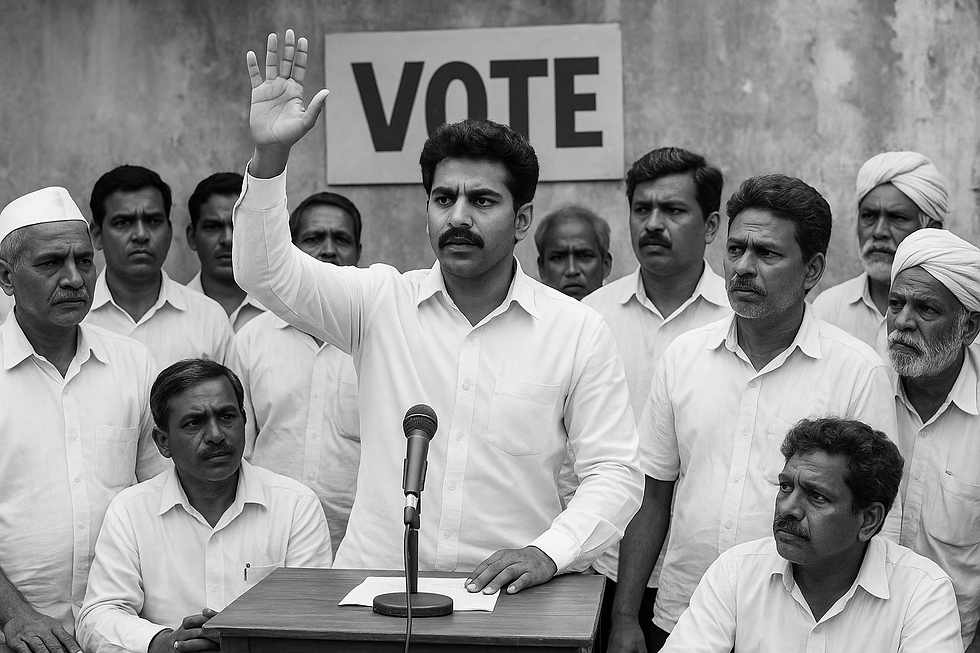Madras High Court Sentences DRT Recovery Officer to 5 Years for Corruption
- Chintan Shah

- Apr 14, 2025
- 2 min read
In a significant ruling, the Madras High Court has convicted a recovery officer from the Debt Recovery Tribunal (DRT) in Madurai, along with other individuals, for engaging in a corrupt scheme that involved undervaluing a property during auction proceedings. The court sentenced the officer to five years in prison, along with a fine, underscoring the severity of the offence committed.
Fraudulent Scheme Exposed
The case stemmed from a fraudulent auction conducted by the recovery officer and his associates. Despite a stay order from the Debt Recovery Appellate Tribunal (DRAT) in Mumbai, the officer continued the auction, which led to the sale of a property at a significantly reduced price. The officer and his subordinates conspired to manipulate the auction in favor of an accomplice, ultimately causing a major financial loss to the bank.
Court’s Observations
Justice KK Ramakrishnan, in delivering the verdict, emphasized that the recovery officer, as a public servant, had a duty to act with utmost integrity and protect public property. The officer’s actions were deemed to be a gross breach of trust and a deliberate violation of legal procedures. The court went on to describe the accused as white-collar criminals, driven by greed, and stressed that their actions warranted the maximum penalty, with no sympathy extended towards them.
Legal Implications
This case highlights the importance of accountability in public service and the judiciary’s commitment to curbing corruption. The court’s decision to sentence the recovery officer to five years in prison serves as a strong message against fraudulent practices, particularly in public institutions. The verdict also reiterates that public officers must perform their duties with transparency and without personal interests, reinforcing the notion that no one, regardless of position, is above the law.
The court’s ruling, which overturned an earlier acquittal by the Special Court for CBI Cases, further underscores the importance of scrutinizing actions that might undermine the trust placed in public officials. It also highlights the need for more stringent measures to ensure that public servants who engage in corrupt practices are held accountable and face appropriate consequences.



Comments